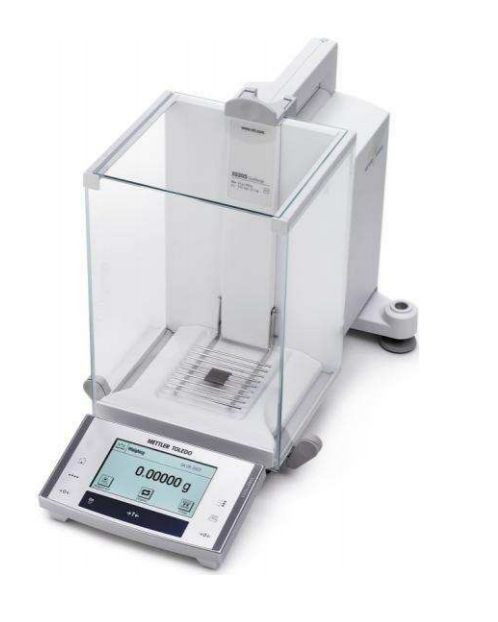Chemical process calculation sometimes sounds scarier and more intimidating than it should. In fact, it is one of the basic founding blocks that you can use when it comes to working in chemical engineering.
Process calculation is the basic subject that shows up in chemical engineering. When you become a chemical engineer, you will need to deal with a number of chemical reactions, including conversion, separation, and reaction. You may need to start out with some simple calculations depending on the problem and your skill level, but they can definitely change to more complete calculations over time.
There are a lot of different types of chemical process calculations that you may need to work with as time goes on. Some of the basic topics that you may need to learn along the way includes:
- The composition of fluid gases
- Yield
- Conversion
- Material balance with a chemical reaction
- Material balance without a chemical reaction

There are different times when you would need to use each one so studying them, and working through them until you fully comprehend what is going on, is important.
If you take a course that requires chemical process calculations, your goal throughout is to learn some of the best problem-solving techniques as a student. While there are some chemical equations and options that you can use as an engineer, sometimes the best solution will present itself once you have a chance to think it through and use all of your knowledge to your advantage.
This is a good course to work with. You will learn all about unit process and unit operation and how to think critically, which will help you to really see the best results. You can then take all of that information and use it in some of the other subjects you need to take, including drying, humidification, extraction, and distillation.